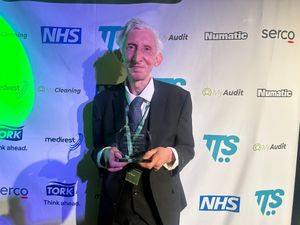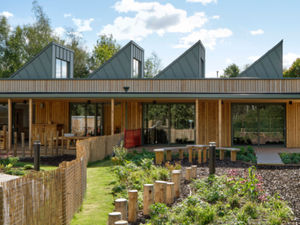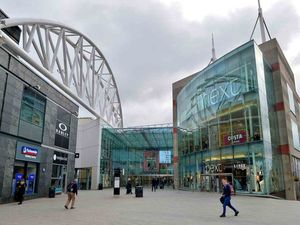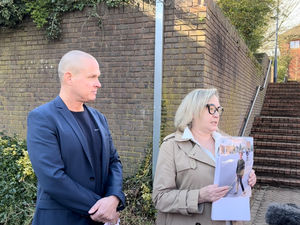Rise in demand for children’s care
The number of children in care in a city peaked at more than 2,000 last year – despite predictions the figure would fall to below 1,700.

A report to Birmingham City Council’s cabinet said numbers of children in care had previously been predicted to fall to 1,630 by the end of 2019/2, based on a five-year council financial plan.
But instead there was an increase to an average of 1,955 children in care in 2019/20, with numbers peaking at 2,017 in October last year.
Since April 2018, children’s social care services in the city have been provided by Birmingham Children’s Trust (BCT), a body owned by but independent from the city council.
The report to cabinet states the trust spent £7m over its allocated £198m budget last year, mainly as a result of the cost of a rise in demand for places.
The current rate of children in care per 10,000 in Birmingham is 67.1 – higher than the rate for England at 65 but lower than the rate for the West Midlands as a whole, which is 82.
At a cabinet meeting today, councillors heard the rise in demand in Birmingham mirrors a national trend, while overspending on children’s services was lower in the city than across the country.
In addition, the chief of BCT said there is likely to be a further five per cent rise in children’s care requests as the city moves out of the lockdown period.
Councillor Kate Booth, cabinet member for children’s wellbeing, said the trust had made savings within the year, without which there would have been a £13m overspend.
She added: “Pressures are largely driven by placements for children in care. Nationally we are seeing rising numbers of children in care.
“The rate in Birmingham remains lower than our statistical neighbours and core cities, but the gap is closing.
“For 2019/20, the average number of children in care has been 1,955 which was significantly more than was envisaged at the time the contract was initiated.
“Nationally, children’s services are overspending by nine per cent. In Birmingham the overspend equates to 3.5 per cent, so significantly lower than other local authorities.
“A recent audit review and Ofsted inspection all suggest the trust is increasingly offering care to children and young people who need it.
“The trust, I’m pleased to report is doing the right thing, more often.
“The impact of Covid-19 has seen additional spend to ensure our most vulnerable are safe. The trust has incurred expenditure which is being closely monitored.”
Andy Couldrick, chief executive of the trust, said: “Demand for care is going up nationally. It was before this current pandemic crisis.
“The national modelling being done suggests a potential five per cent rise in the number of care placement requests as we emerge from this locked down period.
“I am hopeful that by applying the resources we have we can resist that because that would be a significant challenge, because that would equate to about 100 children.
“100 placements are hard to find everywhere and if everywhere is seeing that kind of growth it’s a national challenge. It carries a significant price tag.”
Councillor Robert Alden, leader of the Conservative group, asked whether expenditure could be brought forward to spend on vulnerable children now rather than support in the next 10 to 20 years.
Mr Couldrick said: “The council has put money aside to develop an ‘early help’ programme across the city.
“We think that that offers some real opportunities if we get the targeting right in that through the local footprints that have already been developed as part of the response to Covid-19.
“If we roll that out quickly we think that offers a real opportunity to do precisely as Councillor Alden says – intervene with some families facing significant challenges earlier so that their needs can be met through the application of early help and universal services and don’t need to become the clients of the trust.
“That’s the best result for all of us. That’s what we will try and do and we will continue to work as closely as we can with the council to deliver absolute transparency about pressures that are driving our budget going forward.”
Councillor Jon Hunt, leader of Liberal Democrat group on the council, said: “Let’s hope this is a hiccup and it can achieve its objective of reducing the number of children in care.”
The cabinet voted to approve a contract variation to account for the extra £7m for 2019/20.





